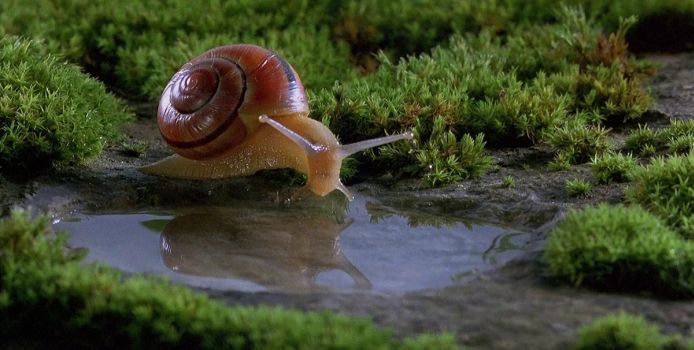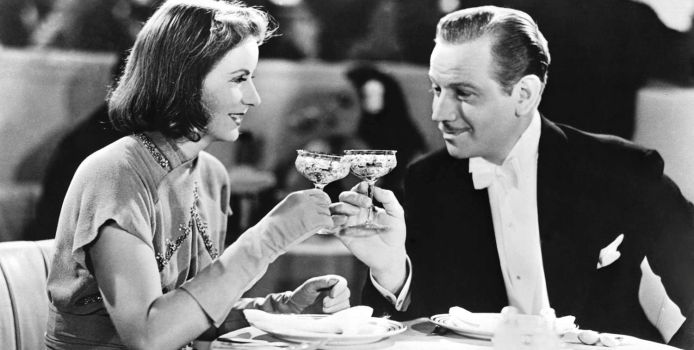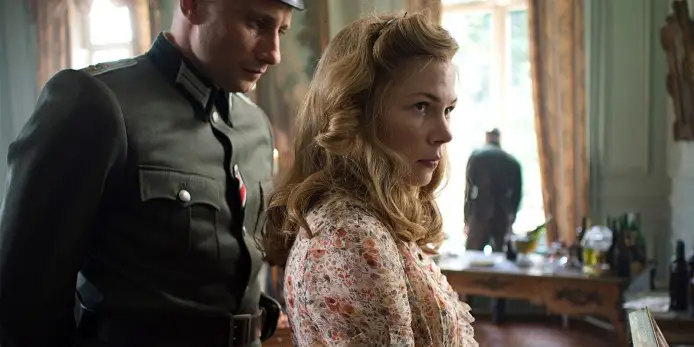war
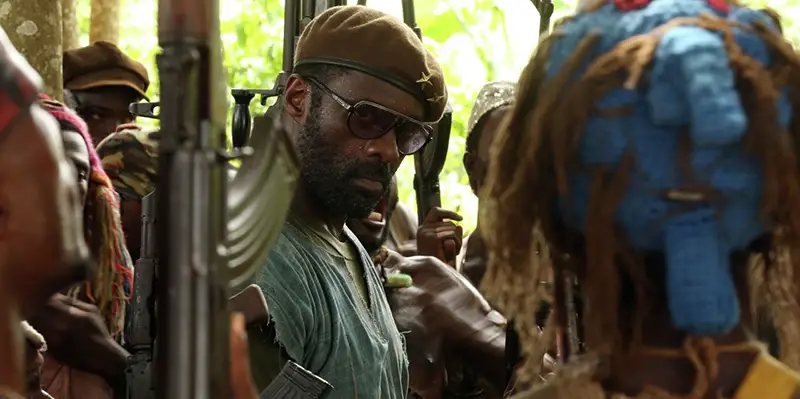
Beasts of No Nation made headlines before even a trailer dropped early in 2015. The Cary Fukunaga drama about child-soldiers in Africa was bought for $12 million by the streaming powerhouse Netflix. This meant that it would be the first time in history a potential Oscar-nominated film would be available online to Netflix subscribers the same day it would be released in theaters.
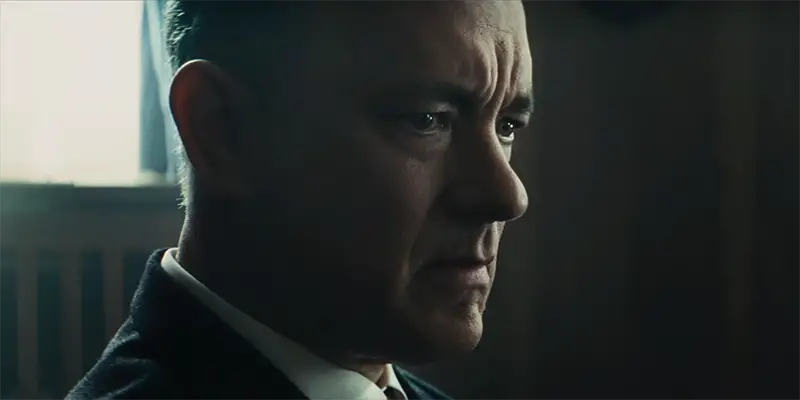
Bridge of Spies is not what I would call a happy film. Gray snow envelopes the dilapidated East German cityscape and we find Tom Hanks’s character interacting with others primarily in poorly lit, often dank rooms. Nearly all of the characters are entirely self-interested with blinders positioned perfectly to block out the undesired effects their actions can have on others.

Most of us are familiar with the story of Macbeth by William Shakespeare, a story so prevalent that people will not utter the name of ‘the Scottish play’ whilst in the theatre, as by ancient tradition it is said to be cursed. For those of you who are not familiar with the story, it is a tale of one man’s hunger for power in a tyrannical society, and how he is pushed further and further down a descending path of hopelessness and insanity by his wife, a group of witches, and his own consciousness. There have been many recreations of the play on stage and on screen, and this 2015 cinematic depiction of Shakespeare’s Macbeth, directed by Justin Kurzel and starring Michael Fassbender and Marion Contillard, is on a platform so high that the other depictions are unable to reach it.
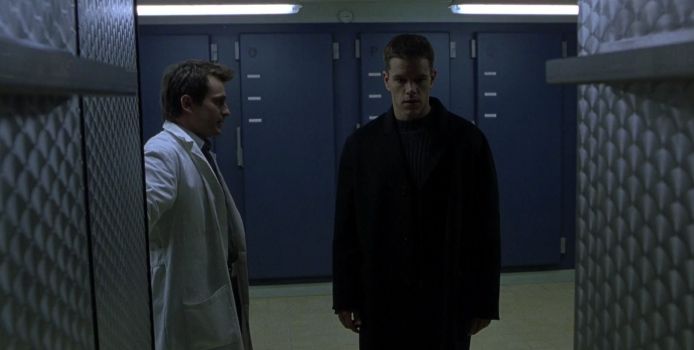
Near the conclusion of The Bourne Identity (2002), we find our hero, Jason Bourne (Matt Damon), taking refuge in a country farmhouse belonging to Eamon, the ex-boyfriend of Bourne’s hostage/lover/sexy barber Marie (Franke Potente). Bourne’s shadowy employers have dispatched a rival Treadstone assassin – known only as The Professor (Clive Owen) – to eliminate the threat posed by their malfunctioning asset. When Eamon’s son notices the family dog has gone missing, Bourne (preternaturally perceptive, as always) recognizes the portent.
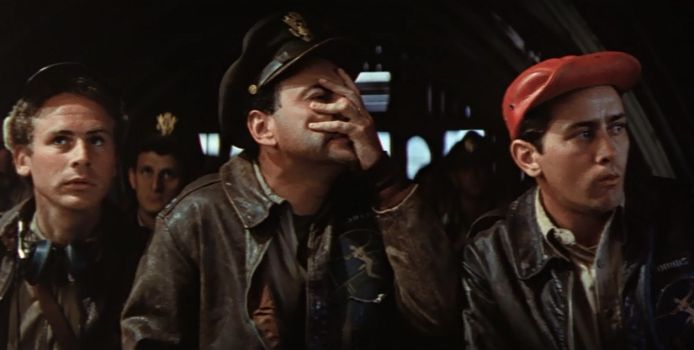
With a Finger in Each Ear, We March Blindly On The Vietnam War, which had begun as a geopolitical chess match in the 1950’s, escalated into a full blown land war in 1965 when President Lyndon Johnson authorised the use of American ground troops to help South Vietnam defeat the Communist North. More than any conflict in the 20th Century, Vietnam segregated America into a civil war of ideals. The burgeoning counterculture rejected and rallied against it, even denouncing the troops themselves.
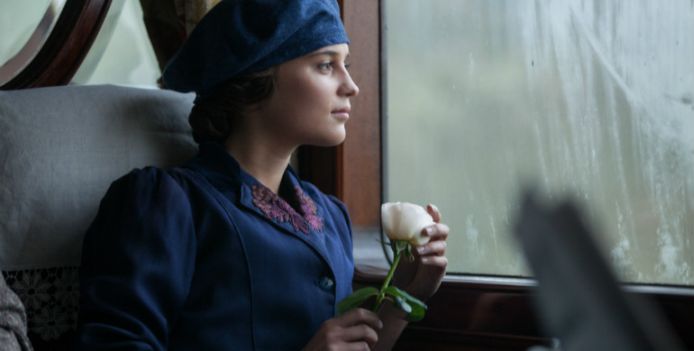
Testament Of Youth is based on Vera Brittain’s memoir of the same name. Her book pays homage to her own losses while growing up during World War I, but also the great loss felt by her generation. Brittain’s book is perhaps unique in that in the UK we are often told about the loss of life during the war.
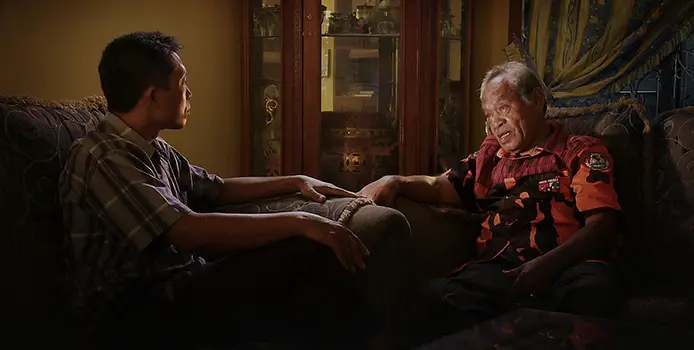
Ignorance truly is bliss. Before watching Joshua Oppenheimer’s harrowing 2012 documentary The Act of Killing, I had no knowledge of the 1965-1966 genocide in Indonesia, which was initially intended on purging “communists” from Indonesian society, but resulted in a million innocent people being massacred. That I could have no awareness of the subject could be blamed on western ignorance – upon receiving the BAFTA for best documentary, Oppenheimer claimed that the UK and US were partly responsible for these atrocities to happen due to their insistence on destroying communism at any cost (a statement that was naturally cut out of the TV broadcast).
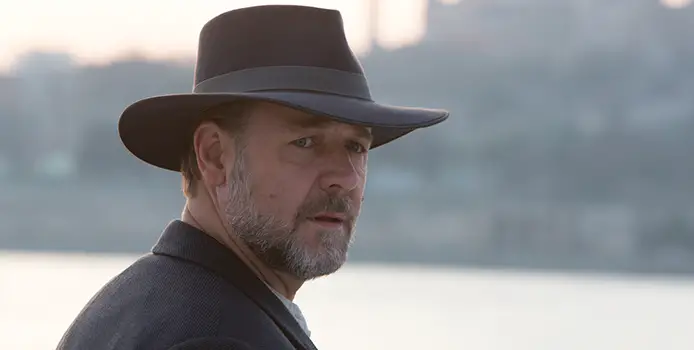
The problem with award shows of any kind is that you’ll always find yourself comparing the nominees to each other, regardless of how different they may be. However, this is infinitely more true of awards with tied winners. The two victors may be different in every conceivable way, but the fact that we have been told they are not just equally good, but equally the best, leads our minds directly to compare the two.
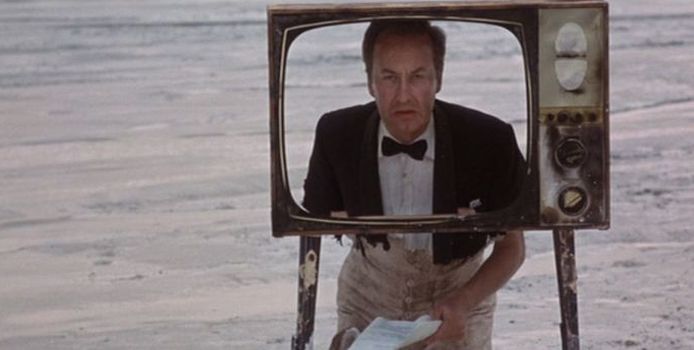
One of the more curious cultural changes in the post-war era was the cinematic climate that permeated in the United Kingdom in the years following WWII. These movies vary from paranoid thrillers, atomic-age science fiction and docudrama’s that veer on a level of horror due their level of accuracy regarding the terrifying nature of nuclear war. The feature films that came out in this period are terrifying on varying levels; one of those being the self-reflective element that is so common in movies and that reflection was cast by the looming possibility of WWIII.
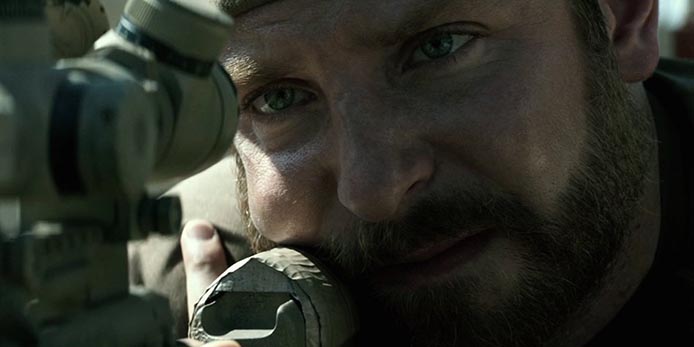
When the Oscar nominations rolled in on Thursday, perhaps the biggest surprise – other than the snubs for Selma – were the six nods including Best Picture and Best Actor for American Sniper, a movie which few expected to be in the running after getting no attention from the Golden Globes or BAFTAs. There was an even bigger surprise a few days later, when it was announced that the film drew in a stunning $89 million in its opening weekend, which is more than most of last year’s summer blockbusters. The Iraq War drama snuck up on the awards race out of nowhere, and shattered January box office records beyond all expectation.
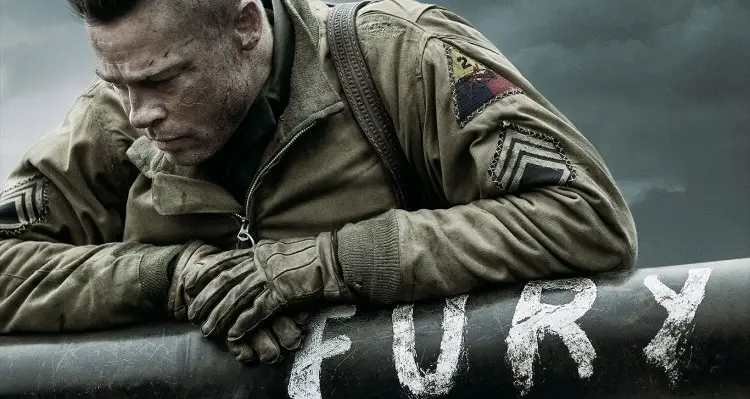
David Ayer’s Fury is the story of an American tank unit led by “Wardaddy” (Brad Pitt) near the end of the European Theatre in World War II. Ayer is still best known for writing 2001’s Training Day, but after he made the surprisingly acclaimed End of Watch, he has been given the chance to direct a full-blown war film. Ayer’s hyper-masculine style is one that could be to the detriment of a war film that is trying to stay grounded in reality, but he is able to dial back his tendencies enough to keep it from being a glorification of violence.



